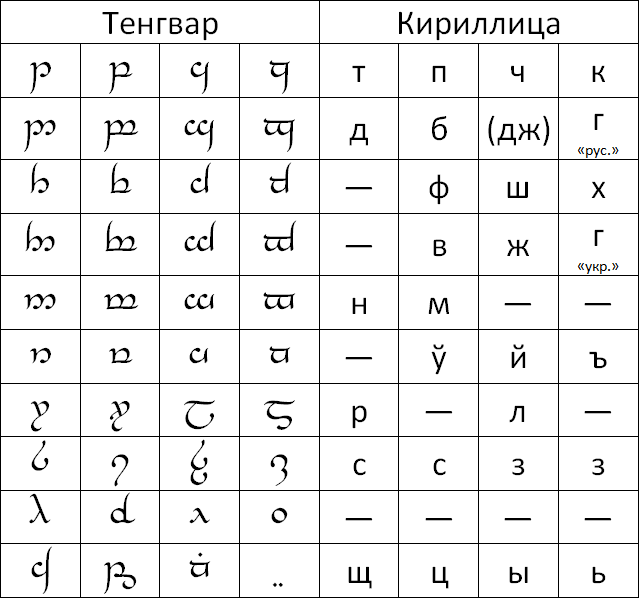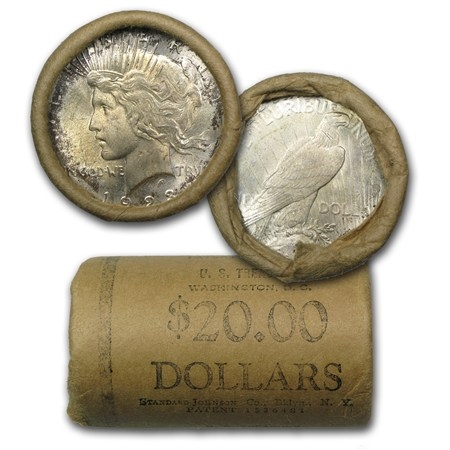Marketable Securities Definition Types Examples
Contents:


On the other hand, debt security is considered less liquid due to maturity and other aspects. Moreover, marketable securities can come in the form of equity securities (e.g. ETFs, preferred shares) and debt investments (e.g. money market instruments). Marketable securities are highly-liquid financial tools that can be sold or converted into cash within a year of investment.
- From a liquidity standpoint, investments are marketable when they can be bought and sold easily.
- The difference between marketable securities and non-marketable securities is that marketable securities can be actively traded in secondary markets that are open to all types of investors.
- Marketable securities are typically reported right under the cash and cash equivalents account on a company’s balance sheet in the current assets section.
- The safest types of marketable securities are typically those that are issued by governments or government agencies.
- They earn better returns than savings accounts but are as liquid as savings accounts.
The holding company will identify the stock as a current asset if it is anticipated that it will be traded or liquidated within a year. Marketable securities are defined as any unrestricted financial instrument that can be bought or sold on a public stock exchange or a public bond exchange. Therefore, marketable securities are classified as either marketable equity security or marketable debt security.
Businesses that have conservative cash management policies tend to invest in short-term marketable securities. They avoid long-term or riskier securities, such as stocks and fixed-income securities with maturities longer than a year. Marketable securities are typically reported right under the cash and cash equivalents account on a company’s balance sheet in the current assets section.
What are non-marketable securities?
However, most https://1investing.in/ have a low cash ratio since holding too much cash or investing heavily in short-term securities is not a highly profitable strategy. They have included both debt securities and equity securities which are listed in the capital market. These companies issue securities to raise funds to expand the business. Not only the company but the government also issue financial instruments to raise funds to support expenditure and public projects.
Marketable securities are typically reported right under the cash and cash equivalents account on a company’s balance sheet at the current assets section. Marketable securities are financial instruments that can be bought and sold on public exchanges or elsewhere in the secondary market. Examples of marketable securities include treasury bills, common stock, banker’s acceptances, and corporate bonds. They have maturities of less than one year and have low returns due to their high liquidity and low-risk nature. Marketable securities are highly liquid assets meaning they can be easily converted to cash at no loss of value.

These types of investments can be debt securities or equity securities. The business can readily sell these securities if a sudden need for cash arises. A group of assets classified as marketable securities is an illustration of a short-term investment product. Marketable securities are any unrestricted financial instruments that may be purchased or sold on a public stock market or a public bond exchange. Marketable securities are always listed in the current assets part of a company’s balance sheet. The balance sheet is the financial statement that reports a firm’s assets, liabilities, and shareholders’ or owners’ equity.
This section tends to be more qualitative than quantitative, shedding more light on the marketable securities that a company has on hand. The cash ratio compares to cash and cash equivalent balance with the current liabilities. It helps to understand if the business has sufficient cash resources to meet the liabilities that fall due in a year.
Copper ETF – Definition – How to Buy – Examples
This makes it easy for marketable securities in included in to buy any of the securities mentioned above, as there are usually minimal limitations outside of a simple brokerage account needed to get started. Most money market securities act as short-term bonds and are purchased in vast quantities by large financial entities. These include Treasury bills, banker’s acceptances, purchase agreements, and commercial paper.
Marketable securities are financial assets that are easily traded on public markets and can be quickly converted into cash. As such, marketable securities are typically classified as current assets on the balance sheet, alongside cash and cash equivalents, accounts receivable, and inventory. Marketable SecuritiesMarketable securities are liquid assets that can be converted into cash quickly and are classified as current assets on a company’s balance sheet. Commercial Paper, Treasury notes, and other money market instruments are included in it. Marketable securities are financial assets that can be easily bought and sold on a public market, such as stocks, bonds, and mutual funds.

Typically, a company discloses this action as a footnote on the balance sheet. Marketable securities are also denoted under shareholder’s equity on the balance sheet as unrealized proceeds. They are unrealized because they have not been sold as yet so their value can still change.
The reason is that these are the financial instruments that can be converted into cash on short notice. Cash And Cash EquivalentsCash and Cash Equivalents are assets that are short-term and highly liquid investments that can be readily converted into cash and have a low risk of price fluctuation. Cash and paper money, US Treasury bills, undeposited receipts, and Money Market funds are its examples. They are normally found as a line item on the top of the balance sheet asset. The quick ratio factors in only quick assets into its evaluation of how liquid a company is. In accounting terms, marketable securities are assets that can be converted into cash within the year.
Additionally, marketable securities can be more advantageous than cash since they may generate a positive return, though this is not always the case. Such securities include savings bonds, limited partnership or private company shares, and complex derivatives. Bills Of ExchangeBills of exchange are negotiable instruments that contain an order to pay a certain amount to a particular person within a stipulated period of time.
In the market, one can find different categories of T-bills with three-month, six-month, and one-year maturity. Held for Trading HFT/AFS Securities – Company Investment Portfolios Every wonder why Warren Buffett buys all those stocks and what the goal is behind them? As I mentioned earlier, this is one of the primary income methods for insurance companies. Remember that those are big numbers, far from chump change, but pale compared to Microsoft’s income of $72,738 million. Okay, there is much more to unpack from the above balance sheet snapshot. Next, let’s look at a balance sheet and try to understand how to locate and decipher what we see.
Marketable Securities and the Balance Sheet
As such, marketable securities need to have a face value, or a value close to face value in a one-year span. There also are no restrictions on selling these securities in a year or less. Insurance companies earn much of their income from the premiums it collects and a substantial portion from their investment portfolios.
- In this manner, the business may generate returns on its cash rather than letting it stay idle.
- Thus, it is better for entities to invest an adequate portion of their cash in marketable securities so that higher returns are achieved by the entity on its cash funds.
- One item to remember when looking at the balance sheet and marketable securities.
- It reveals how well a company can meet its debt and other obligations, and can be used to make comparisons between peers.
However, the ability to profit is not a condition of a marketable security. Most stocks on major exchanges can be unloaded even in a falling market. On smaller exchanges or the OTC markets, there are many stocks that can require a longer period of time to unload in a thin market. Part of what drives liquidity in the secondary market is governed by standard supply and demand. If a particular security becomes highly desirable, due to a major product development advancement or favorable press, the value of the security goes up.
Features of Marketable Securities
Characteristics of Marketable Securities.The securities, which can be easily sold in the market or can be converted into cash at very short notice, are known as marketable securities i.e. The liabilities of any entity are divided into short-term and long-term liabilities. The quantum of marketable securities helps the entity in meeting its short-term liabilities. An entity can match the maturity of its marketable securities with the due dates of its short-term liabilities and analyze if any gap is there so that the same can be filled by infusing funds. Let’s say an organisation known as ABC Chemicals has invested its cash reserve in bonds, shares and ETFs for the years 2021 and 2022.
Safety in investment here means free from credit risk i.e., risk arising from default of the debtor in the payment of principal or interest. The credit risk is a product of the character of the debtor, the economy which supports the obligations and the borrowing power of the debtor. Each issued bond has a specified par value, coupon rate and maturity date. The maturity date is when the issuing entity must repay the full par value of the bond.
You can buy treasury bonds directly from the US Treasury or through a bank, broker, or mutual fund company. If, however, a company invests in another company’s equity in order to acquire or control that company, the securities aren’t considered marketable equity securities. The company instead lists them as a long-term investment on its balance sheet. The return on these types of securities is low, due to the fact that marketable securities are highly liquid and are considered safe investments. The safest types of marketable securities are typically those that are issued by governments or government agencies. Many types of marketable securities are readily accessible to individual investors including stocks, bonds, mutual funds, and ETFs.
A marketable securities subsidiary ledger account will, however, be required in the books of Fine Company to keep a separate record of the securities of each company. These are the securities that the company wishes to sell for a profit in short term. Investing in marketable securities can be a risky proposition, as their value can fluctuate rapidly.

